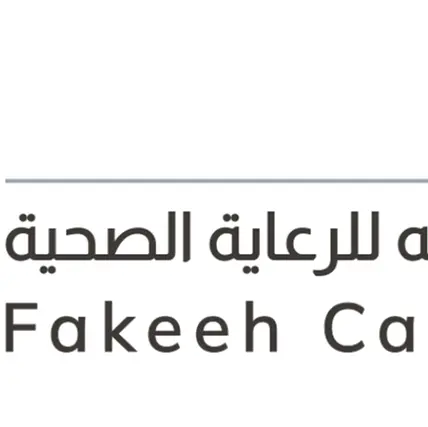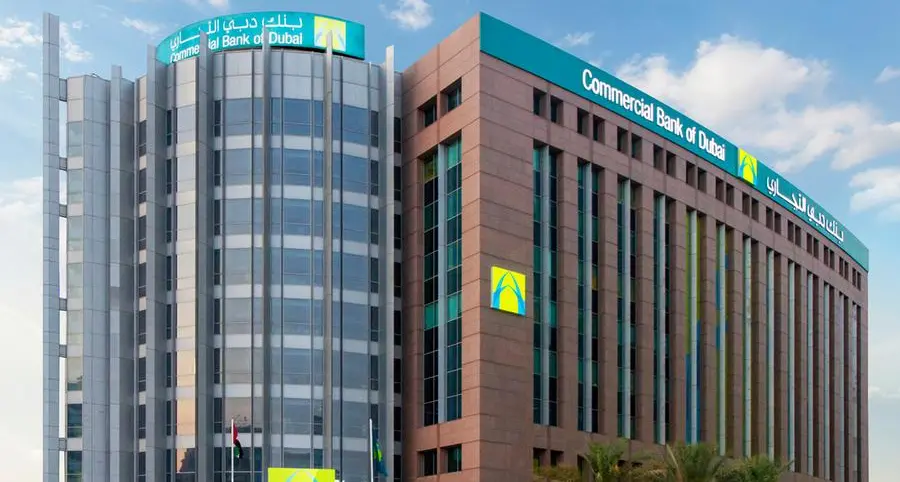PHOTO
The dual shock of COVID-19 and lower oil prices has placed the GCC real estate sector under substantial pressure, leading to fears of bankruptcies and market collapse, according to Strategy& Middle East, part of the PwC network. To prevent further damage, governments can take measures to support existing players, and then attract investment, and facilitate tourism demand to stimulate recovery.
“Real estate is a major direct contributor to the economy in the region, contributing about 6% of GDP in the UAE and 7% in Saudi Arabia in 2018. Its fortunes are closely connected to other important sectors, such as construction, retail, and hospitality,” said Ramy Sfeir, partner with Strategy&, part of the PwC network, and the leader of the Family Business, Multi-sector Investments, Real Estate and Consumer Markets practices in the Middle East. “The GCC real estate sector employs around 200,000 people while the construction industry as a whole provides more than five million jobs. As such, the real estate sector can play a major role in the region’s recovery and support the broader diversification of its economies,” he added.
Currently, the sector’s ecosystem is facing major challenges during this pandemic and many tenants have found themselves unable to pay their leases. Tourism has also collapsed and the demand for office space has plummeted, while many retail sites lie empty due to shop closures and a huge reduction in the number of visitors. As a result of these developments, the exposure to non-performing loans of financial institutions serving the real estate sector has increased markedly.
Strategy& outlines several measures that regional governments can undertake to stabilize the real estate eco-system. These include:
Support existing players
Firstly, governments should respond to the gravity of the situation by supporting the players operating in the sector and prevent a downward spiral. For example, governments could help avert a market collapse in the residential segment by establishing a salvage fund to purchase upcoming housing units which would otherwise have remained empty on completion. This initiative would soak up excess supply of housing, generate revenue for developers, and stabilize real estate valuations. As a result, housing mortgages become more secure, and thereby protect homeowners and banks.
Purchase mortgages
Secondly, governments should consider purchasing mortgages to safeguard banks while boosting the availability of funding for new real estate investments. Residential owners would also benefit if governments offer to reduce capital and interest payments, or even defer those payments.
Financial support
Thirdly, governments should inject capital into selected strategic and significant entities, similar to the measures taken by the government of Dubai to support Emirates and the aviation sector. Along with direct financial support, governments can also consider reducing financial charges such as taxes.
For example, the UAE has suspended commercial and industrial real estate registration fees for the rest of 2020, in addition to a temporary decrease in water and electricity bills for all residential, commercial, and industrial customers. Moreover, all restaurants in Oman are exempt from paying tourist and municipal taxes until the end of August 2020.
Karim Abdallah, partner with Strategy& and the leader of the real estate platform in the Middle East, said, “With lower revenue, companies are finding it difficult to continue paying their employees’ salaries. Another example of government assistance would be in Singapore when they announced in March they would subsidize up to 75% of salaries in the tourism sector for up to nine months.”
Operational Changes
Fourthly, governments should also encourage mergers between government-owned developers to increase efficiency, strengthen balance sheets, and streamline the supply of assets to the market. An early example of this is the merger of the developer Meraas with Dubai Holding.
Charly Nakhoul, principal with Strategy&, commented, “Once they have implemented measures to support players, governments can turn their attention to stimulating investment and accelerating the recovery. They can do so by increasing the threshold for the loan-to-value ratio on mortgage lending and for banks’ exposure to the real estate sector. We’ve seen this in the UAE where banks’ exposure to real estate lending has been increased from 20% to 30% of their total loan portfolio. These measures make it easier for people to buy property, while increasing sales for developers.”
Supporting the travel industry
Finally, the travel sector also plays a significant role in driving the demand for hospitality and retail. Governments can further expedite bilateral discussions with selected countries to resume tourism in a safe manner by creating travel corridors, particularly with those countries that have achieved very low growth in new COVID-19 infections.
Moreover, foreign investors can play a major role in the real estate sector’s return to health. However, if more expatriates are to invest in property, they will need to know they have a long-term future in the region without their residency rights being vulnerable to loss of employment.
Zahi Awad, manager with Strategy& Middle East, concluded, “Governments can consider extending residency permits. They can even offer permanent residency to foreigners who have been living in the region for many years and to those foreign investors, both those already in the region and those currently living abroad, who buy into the real estate market.”
By following a two-pronged strategy of stabilization and then stimulus, GCC governments can soften the blow to the real estate sector and maintain its central role in the region’s ambitious development strategy.
Additional materials
Follow us on Linkedin linkedin.com/company/strategyandme and Twitter twitter.com/strategyandme
For more information, visit strategyand.pwc.com/me
About Strategy&
Strategy& is a global strategy consulting business uniquely positioned to help deliver your best future: one that is built on differentiation from the inside out and tailored exactly to you. As part of PwC, every day we’re building the winning systems that are at the heart of growth. We combine our powerful foresight with this tangible know-how, technology, and scale to help you create a better, more transformative strategy from day one.
As the only at-scale strategy business that’s part of a global professional services network, we embed our strategy capabilities with frontline teams across PwC to show you where you need to go, the choices you’ll need to make to get there, and how to get it right.
The result is an authentic strategy process powerful enough to capture possibility, while pragmatic enough to ensure effective delivery. It’s the strategy that gets an organization through the changes of today and drives results that redefine tomorrow. It’s the strategy that turns vision into reality. It’s strategy, made real.
© Press Release 2020
Disclaimer: The contents of this press release was provided from an external third party provider. This website is not responsible for, and does not control, such external content. This content is provided on an “as is” and “as available” basis and has not been edited in any way. Neither this website nor our affiliates guarantee the accuracy of or endorse the views or opinions expressed in this press release.
The press release is provided for informational purposes only. The content does not provide tax, legal or investment advice or opinion regarding the suitability, value or profitability of any particular security, portfolio or investment strategy. Neither this website nor our affiliates shall be liable for any errors or inaccuracies in the content, or for any actions taken by you in reliance thereon. You expressly agree that your use of the information within this article is at your sole risk.
To the fullest extent permitted by applicable law, this website, its parent company, its subsidiaries, its affiliates and the respective shareholders, directors, officers, employees, agents, advertisers, content providers and licensors will not be liable (jointly or severally) to you for any direct, indirect, consequential, special, incidental, punitive or exemplary damages, including without limitation, lost profits, lost savings and lost revenues, whether in negligence, tort, contract or any other theory of liability, even if the parties have been advised of the possibility or could have foreseen any such damages.











